18
Jan 2024
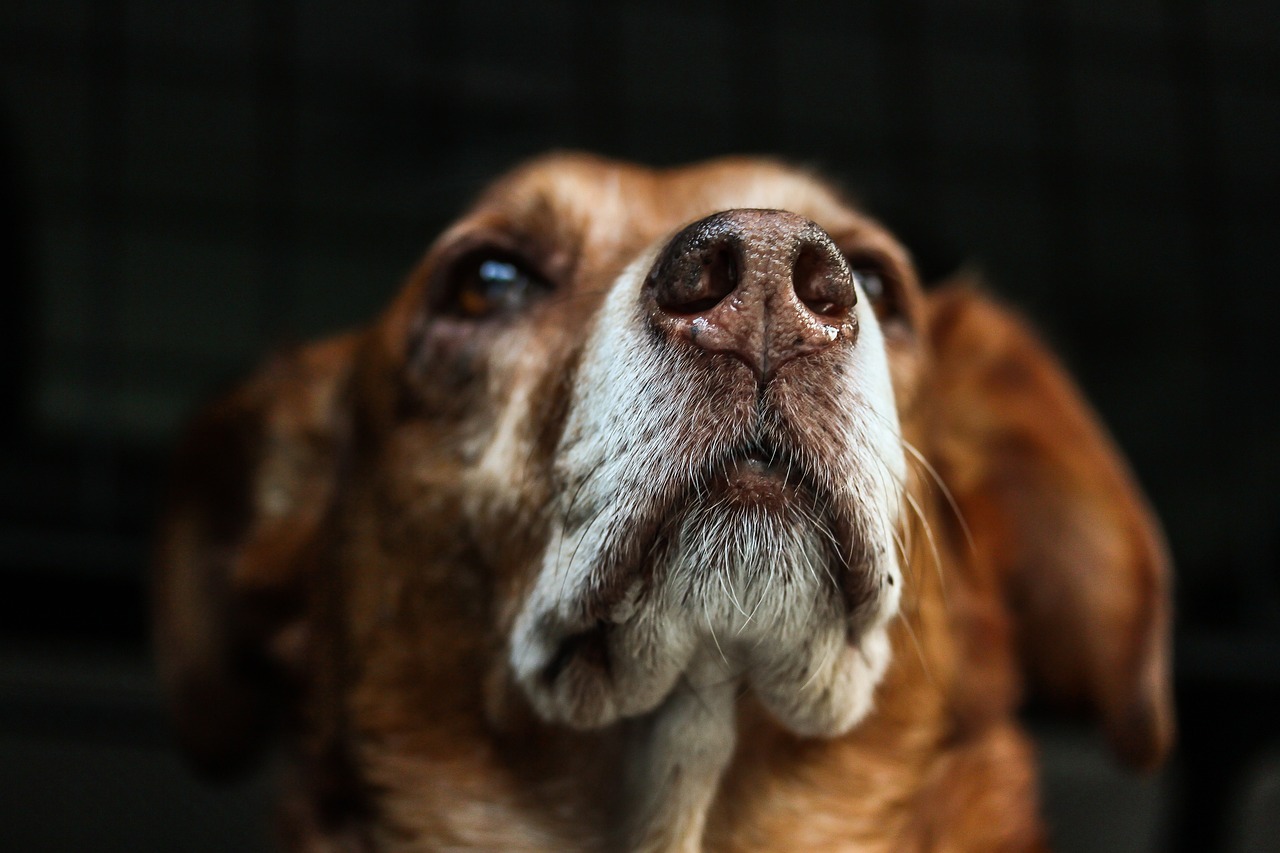
For dogs with seizures, any diet change should be carefully considered and will likely be different for each dog based on their underlying conditions. If your dog has idiopathic epilepsy, there may be some nutritional changes to consider but let’s look at the evidence and pros and cons behind some different strategies you may hear about....
Read More
08
Dec 2023
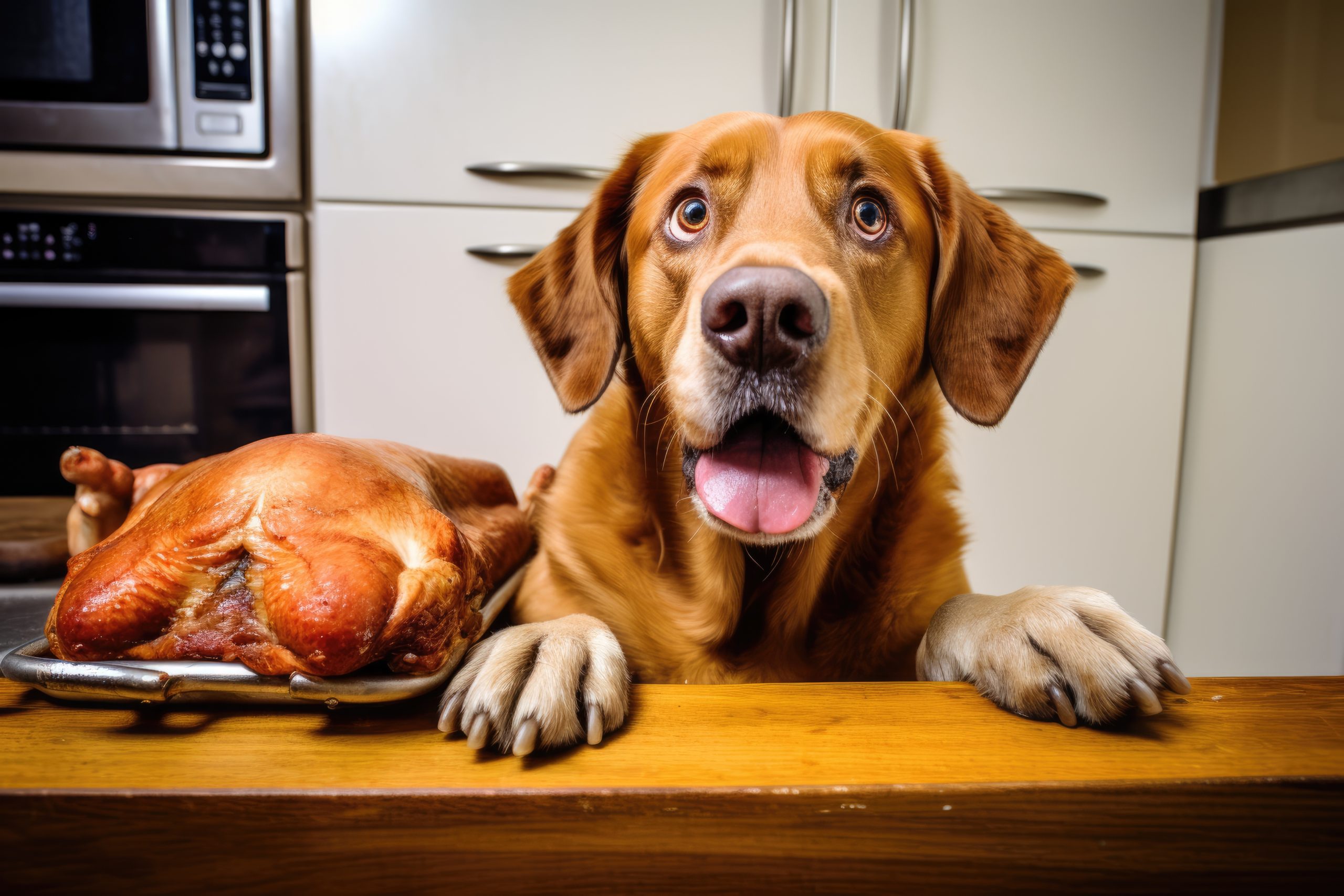
You may want to buy your pet a special holiday treat as a present or give them some of the holiday meal, but it’s important to think carefully about what you offer them. To help keep your dogs and cats safe as we enter the holiday season, follow these guidelines to keep the holidays healthy and happy!...
Read More
14
Aug 2023

Dealing with urinary tract infections (UTIs) in our dogs can be a real headache. But fear not, we're here to shed some light on this issue and discuss whether diet plays a role in preventing or treating UTIs....
Read More
21
Jun 2023

We know that many pet owners are desperate for accurate, trustworthy information about how to feed their pets, whether they’re healthy or if they have a medical condition. However, even knowing who to talk to about your pet’s nutrition can be confusing! Learn more about Board Certified Veterinary Nutritionists and an easier way to find one....
Read More
06
Mar 2023
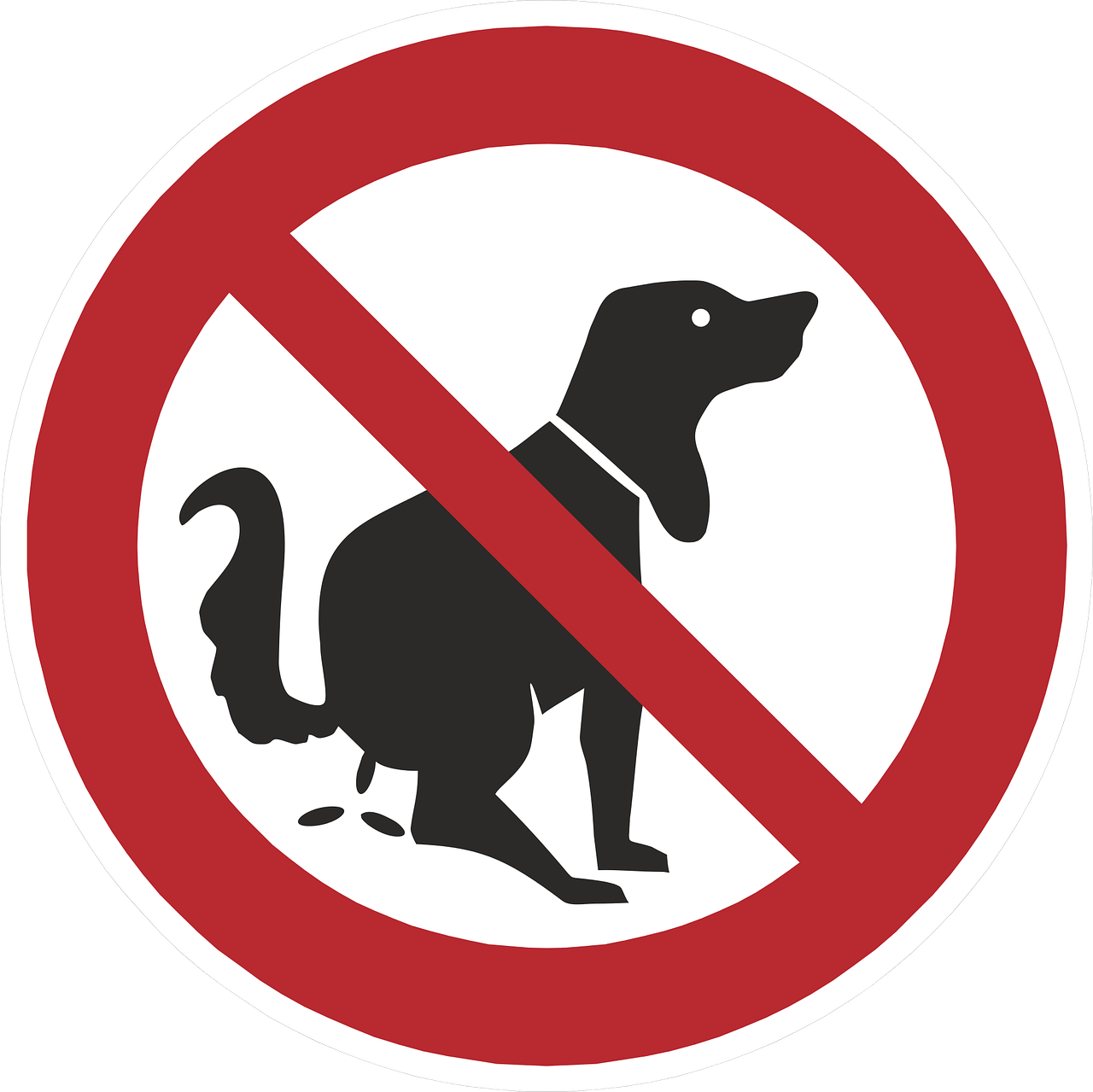
Chronic diarrhea is one of the most frustrating medical conditions for both dog owners and veterinarians (and especially for us veterinary nutritionists!) However, while it can be challenging to find the optimal diet for a dog with chronic diarrhea, it’s worth the extra effort!...
Read More
07
Feb 2023

A new FDA update provides more information on diet-associated dilated cardiomyopathy (DCM). While the specific cause is not yet known, the problem hasn’t gone away...
Read More
19
Dec 2022
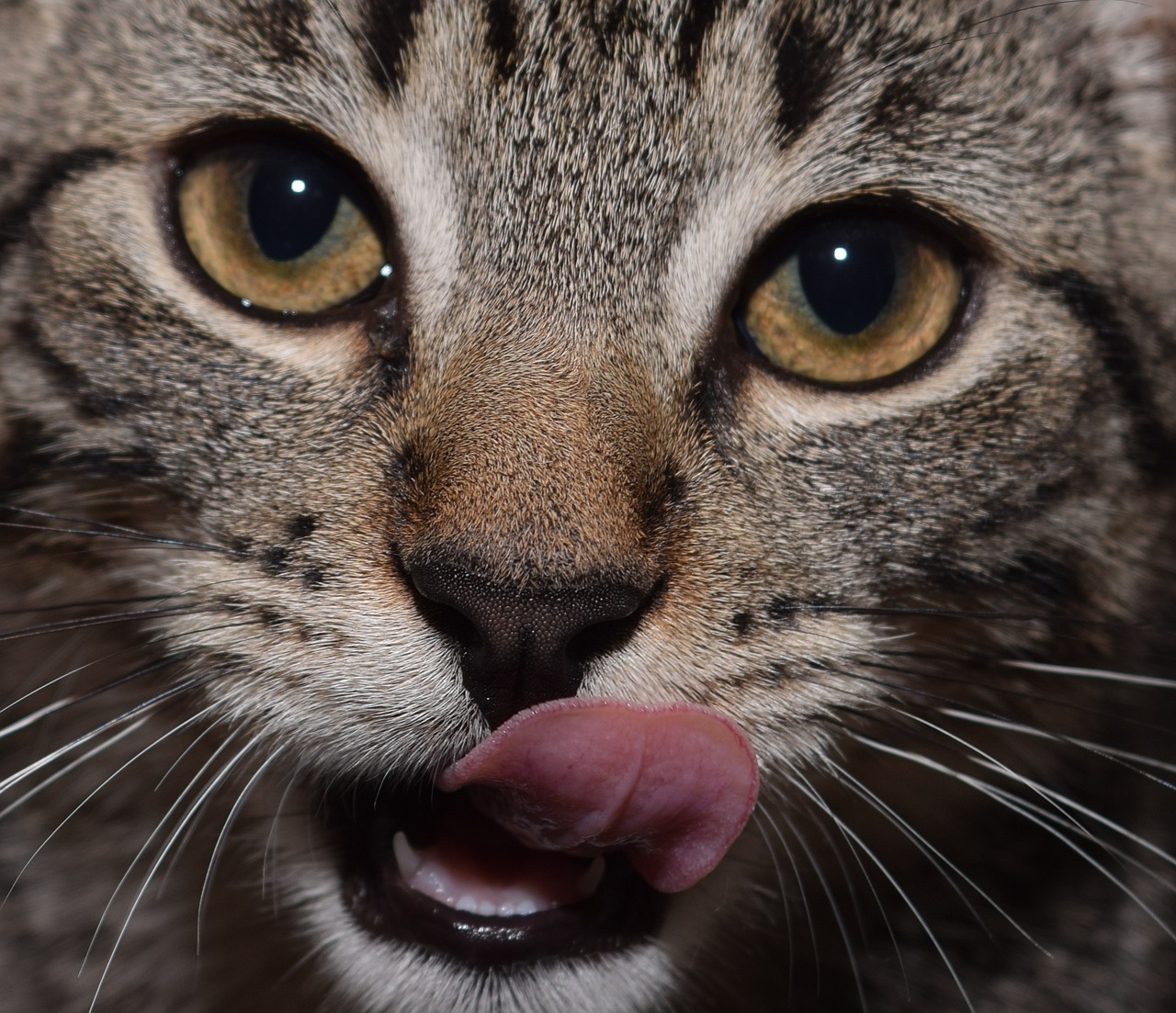
What's the best food temperature to keep your cat eating well? A new study provides some answers....
Read More
27
Oct 2022

It’s best to give no treats, but if treats are important or necessary, we have provided some options and strategies for dogs with a history of calcium oxalate stones....
Read More
27
Jun 2022
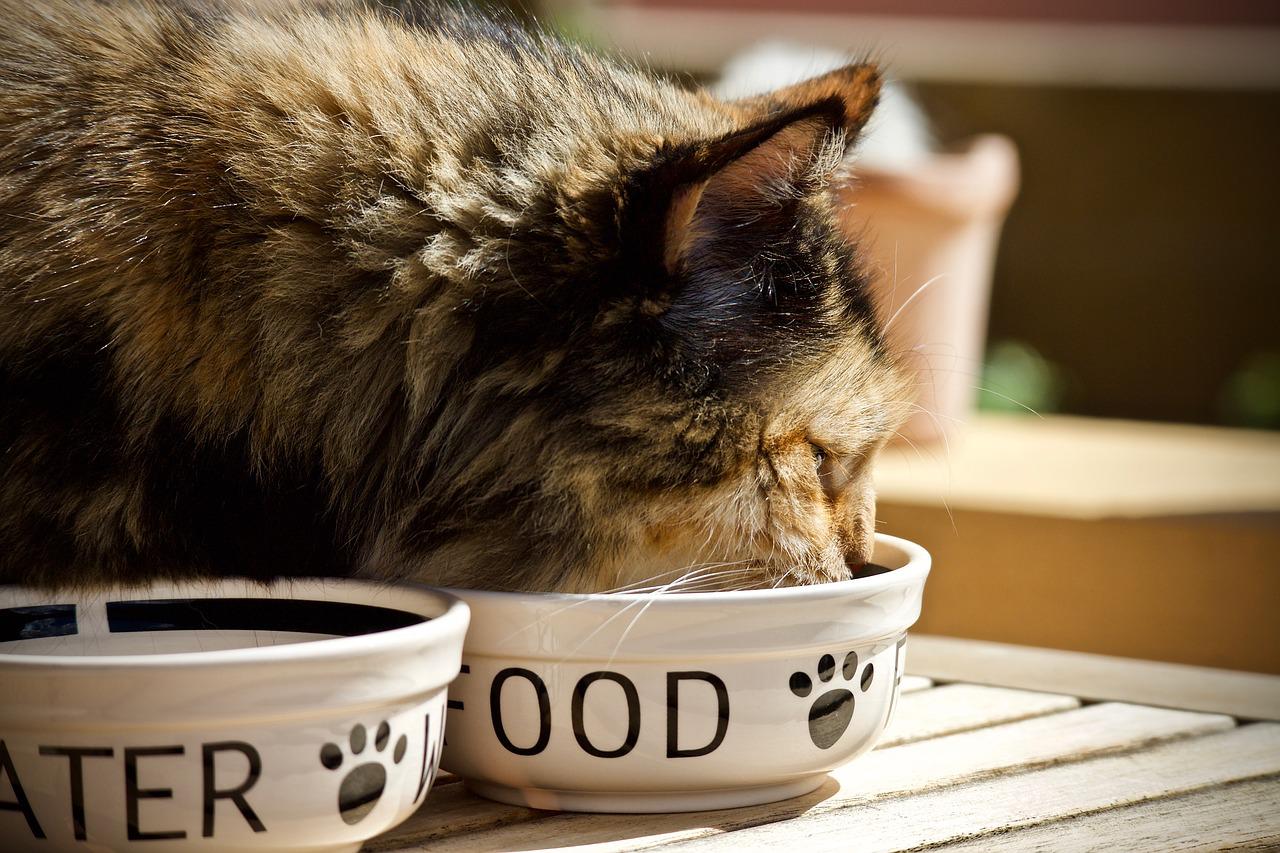
How confident are you in your knowledge of how to best feed cats with chronic kidney disease? Take our quiz to find out whether your confidence is well-placed! ...
Read More
04
Apr 2022
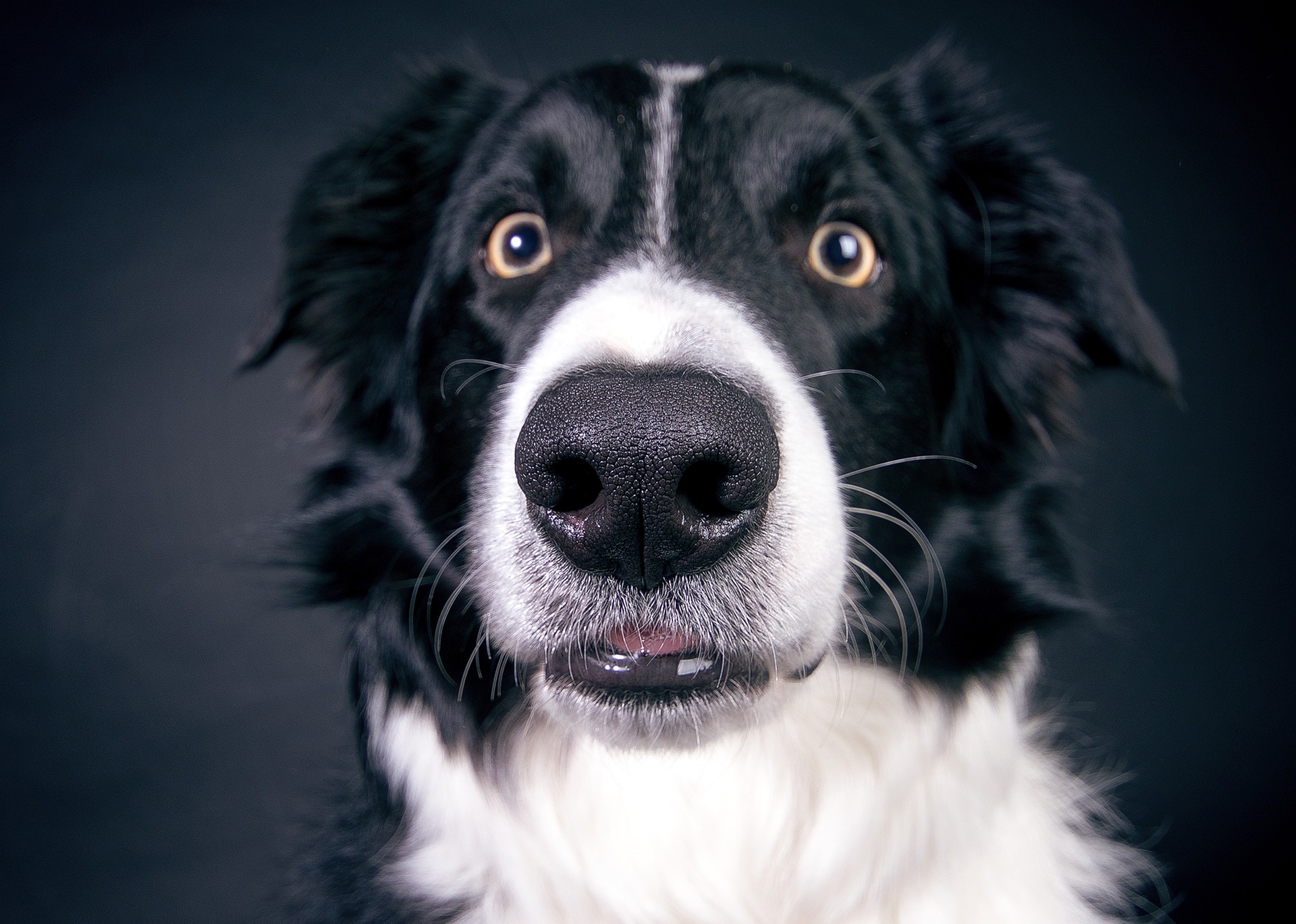
Although food allergies are uncommon in dogs and cats, the only way to diagnose them is with an elimination diet trial. Learn tips to avoid common mistakes and to plan a successful elimination diet trial....
Read More
